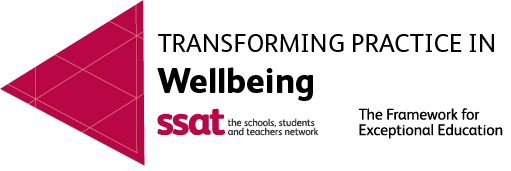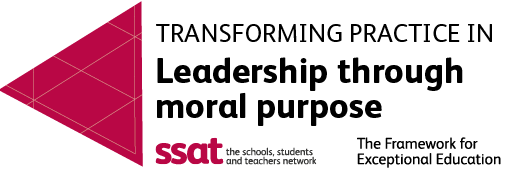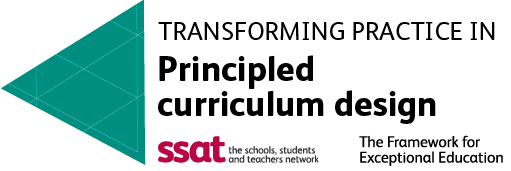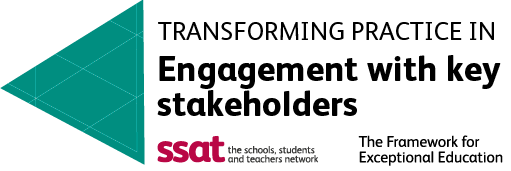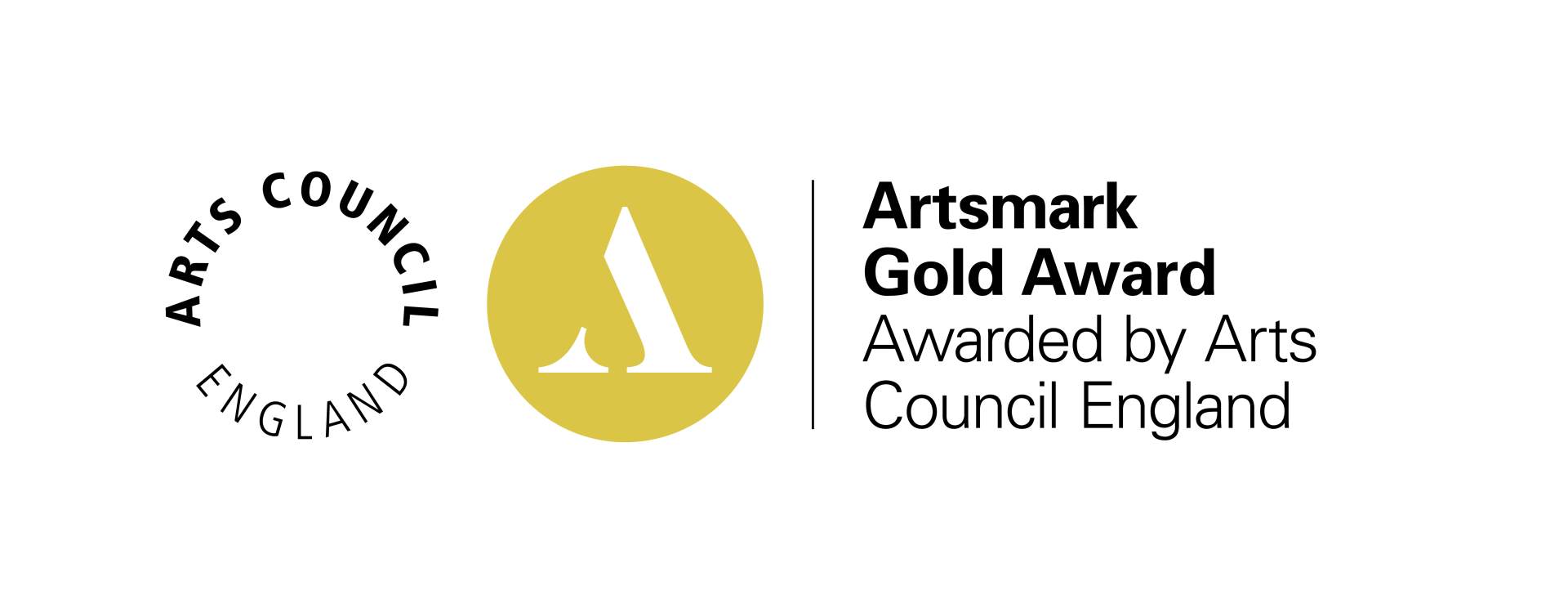Modern Foreign Languages

Useful Resources and Revision Support
All students have been given a Language Guide (Yrs 7 and 8) or Knowledge Organiser (Yrs 9-11) which contains useful vocabulary and support for class and homework tasks, as well as to prepare them for assessments.
In addition students in Years 10-11 have been provided with a Pearson Revision Guide and Workbook with practical support and exercises to prepare them for the GCSE exams.
Students in Years 12 and 13 are encouraged to purchase a suitable dictionary, verb/grammar book and revision guides to accompany the prescribed film and book for the essay component of their exam.
Homework is set via the online learning platform www.languagenut.com and students have been given their personal log in details by their teachers – please ask if you need help with that.
We also recommend vocabulary learning sites such as www.memrise.com and www.duolingo.com because students can practise on the go via their mobile apps.
AQA website links: https://www.aqa.org.uk/subjects/languages/gcse/french-8658 and https://www.aqa.org.uk/subjects/languages/gcse/spanish-8698
BBC Bitesize links: Spanish https://www.bbc.com/bitesize/subjects/z4dqxnb
We also recommend https://www.memrise.com/courses as a vocabulary builder.
Recommended MFL Books: Wider Reading List - Languages
At BGS we aim to make learning a modern foreign language stimulating, engaging, rewarding and interesting. We learn about languages, and the cultures of the people who speak them, actively through phonics, music, games, challenges, role-play and ICT.
We also understand that students need to understand how languages work (grammar) and to learn vocabulary if they want to use them in the real world for real purposes and to do well in their studies, especially as the new GCSE and A Level exams are now linear (final assessment only).
We have a strong belief that learning a Modern European Language will:
- Prepare students for an increasingly competitive national and European career market
- Offer students an insight into cultures and lifestyles different to their own
- Help students to develop general listening, reading, writing and speaking skills which are essential for good communication in all areas of their personal and professional life
- Develop independent learning skills
Currently all students in Years 7-10 study Spanish (our remaining French classes are running for students in Years 11-13). From Year 10 onwards most will continue with Spanish up to GCSE standard, as part of the English Baccalaureate (Ebacc). We follow the AQA specification at GCSE and Eduqas at AS and A Level.
Enrichment
There is a lot going on in MFL! We have regular competitions where students can gain LORIC certificates, achieve badges and win Amazon vouchers. Some examples have included writing competitions, designing a European-themed model and a Bake Off.
Every September the Faculty organises different events to celebrate the European Day of Languages, for example a flag treasure hunt around school and a design-a-t-shirt competition, and the restaurant serves foods from around Europe.
We also offer before and after school clubs. Mrs McKeown runs a Year 7 Spanish club on alternate Mondays after school. There are lots of fun and engaging activities to try, such as flamenco dancing, carnival mask making and creating a cactus from clay!
There is a Year 7 Spelling Bee club on Thursdays before school with Mrs Aguirre Bernal. Participants are practising how to spell words in Spanish in order to take part in a national competition organised by Routes into Languages. In 2019 some of our students progressed to the regional finals in Sheffield and we took two of our Year 7 students to the national finals at the University of Cambridge!
Once a half term Miss Fraser sets after school challenges and puzzles for Year 8 students to try. It is very competitive!
For students in Years 9, 10 and 11 we organise a trip to Spain. In 2023 we spent 5 days in the region of Andalucia in southern Spain and visited the beautiful and historic cities of Granada and Malaga. Students had a paella cooking demonstration and a flamenco lesson, which was a lot of fun.
Our 6th form students can choose to participate in work experience and/or language immersion visits abroad. These opportunities are organised by a company called Blue Stamp Travel and are very rewarding.
For Year 11, 12 and 13 students, we offer revision and intervention sessions after school to consolidate learning. Students need to check with their teachers on which days these are running.
Assessment
Internal assessments take place two or three times a year as per the assessment calendar and reported home.
GCSE Spanish Specification (AQA 8698)
Links to exam board past papers and mark schemes :
https://www.aqa.org.uk/subjects/languages/gcse/french-8658https://www.aqa.org.uk/subjects/languages/gcse/spanish-8698
Curriculum Overview
|
Year 7
|
Year 8
|
|
Spanish :
|
Half Term 1
|
- Describing places and location.
- Saying what someone is like at the moment.
- Saying what someone is like in general.
- Saying what people have.
- Saying what people do
|
|
Half Term 2
|
- Saying what people do and don't do.
- Numbers (1 to 12) and talking about more than one thing
- Saying what there is around you and describing it
- Talking about the location of things
- Describing a place
- Giving and wanting (festive season and family)
|
|
Half Term 3
|
- Describing family
- Describing some natural wonders of the Spanish-speaking world
- Asking and answering questions
|
|
Half Term 4
|
- Talking about what you do with others
- Talking about what people can do
- Contrasting what people must, can and want to do
- Places and locations
- Saying what people are like today vs in general
|
|
Half Term 5
|
- Describing activities (travel)
- Describing what people do
- Describing what people do (technology)
|
|
Half Term 6
|
- Discussing what people do and don’t do
- Describing people and possessions
- Describing when and where people go
- Describing future plans
|
|
Spanish:
|
Half Term 1
|
- Describing events in the past and present (travel)
- Comparing past experiences
- Talking about what people and places are like now vs in general.
- Comparing what you and someone else (‘we’) do (news and media, parties and celebrations)
- Describing what people do (at home)
- Asking what people can and must do
|
|
Half Term 2
|
- Describing events in the past and present (at school)
- Describing events in the past and present (free time activities)
- Describing how people feel in the present (feelings and emotions)
- Describing future plans
- Talking about what people do (work)
|
|
Half Term 3
|
- Describing what people do (technology and social networks)
- Describing what different people did in the past (Free time activities)
- Talking about the environment
- Saying what you do for others
- Routines and daily life
|
|
Half Term 4
|
- Describing a series of events (Narration)
- Talking about giving and receiving (Birthdays)
- Describing how things make people feel
- Giving opinions about school
|
|
Half Term 5
|
- Visiting a Spanish speaking city
- Describing family members
- Describing how people feel
- Comparing things
- Describing what people do and did (sport)
- Comparing where people go and went
|
|
Half Term 6
|
- Asking questions about what people did
- Learning about a famous Spanish speaking person
- Describing school
- Describing what is happening now
- Describing Hispanic traditions
- Talking about past and future trips
|
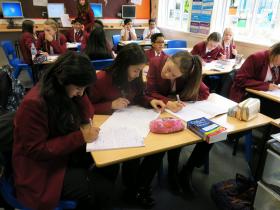
|
|
Year 9
|
Year 10
|
Year 11
|
|
Spanish:
|
Half Term 1
|
- Who we are
- Things you like doing in your free time
- Films
- Birthdays
- Celebrities
- Past days out
|
|
Half Term 2
|
- Jobs and future plans
- Describing different jobs – giving opinions on jobs
- What job you would like to have and why
- Talking about a day at work
- Career choices
- Describing future plans
|
|
Half Term 3-4
|
- Keeping fit
- Healthy diet
- Sport and fitness
- Daily routine
- Body and illness
|
|
Half Term 4-5
|
- Young people in action
- Rights
- Fair trade
- Recycling
- Changing environments
- Fundraising
- World issues
|
|
Half Term 5-6
|
- An adventure in Madrid
- Meeting and greeting new people
- Meeting a host family
- Find your way around (places and directions)
- Buying souvenirs
- Describing a day trip in the past tense
- Weather
- Plans for tomorrow
|
|
Spanish:
|
Half Term 1
|
- Holidays
- Preferences and reasons
- Holiday activities and weather
- Describing a past holiday
- Describing the accommodation
- Narrating the best and worst about the holiday
- Booking a hotel room
- Dealing with problems
- Describing a dream holiday
|
|
Half Term 2
|
- School
- Subjects, timetable, teachers and opinions
- Describing the school facilities
- Comparing to primary school
- School uniform and rules
- Planning a school trip
- Extra-curricular activities and clubs
|
|
Half Term 3
|
- Family and social events
- Who is in your family
- Physical descriptions
- Relationships – who you get on well with and why
- Ideal partner and views on marriage
- Using apps and social media
- Making arrangements to go out
- Describing a family event in the past
|
|
Half Term 4
|
- Free time
- Things you do in your free time
- Sport
- Music
- Film
- Describing a live event
- Book tickets for a live event
- Describing someone you admire
|
|
Half Term 5
|
- Home and local area
- Describing your town – what it is like and things to do
- Describing the positives and negatives of an area
- Planning activities according to the weather
- Describing how an area has changed
- Describing what you would like to change
- Giving and asking for directions
- Shopping for gifts/clothes
- Planning a trip
|
|
Half Term 6
|
- Exam skills
- Practise writing – 90 and 150 words
- Listening and Reading
- Speaking – preparing for a mock – role play, photocard and general conversation
|
|
Spanish
|
Half Term 1
|
- Customs and Traditions
- Describing eating habits
- Understanding food/quantities
- Describing a photo (speaking skills)
- Talking about a festival
- Narrating a special event
|
|
Half Term 2
|
- Jobs. Work Experience and Future Plans
- Jobs and qualities needed for jobs
- How you earn money
- Explain future plans – for year out/ study/jobs
|
|
Half Term 3
|
- Environment
- Local area – pros and cons
- Local problems e.g. recycling, pollution
- Global issues e.g. deforestation, global warming
- Giving environmental advice – you should… you should not…
|
|
Half Term 4
|
- Global and social issues
- Natural disasters
- Homelessness
- Poverty
- Volunteering/taking a year out
|
|
Half Term 5
|
- Exam skills
- Getting ready for speaking
- Listening, reading and writing practice
|
French
|
Half Term 1
|
- School
- Subjects, timetable, teachers and opinions
- Describing the school facilities
- Comparing to primary school
- School rules and pressures
- Describing a school trip
|
|
Half Term 2
|
- Jobs. Work Experience and Future Plans
- Uses of technology
- Jobs and qualities needed for jobs
- How you earn money
- Explain future plans – for year out/ study/jobs
|
|
Half Term 3
|
- Local area – pros and cons
- Local problems e.g. recycling, pollution
- Global issues e.g. deforestation, global warming
- Giving environmental advice – you should… you should not…
|
|
Half Term 4
|
- Global and social issues
- Natural disasters
- Homelessness
- Poverty
- Volunteering/taking a year out
|
|
Half Term 5
|
- Exam skills
- Getting ready for speaking
- Listening, reading and writing practice
|
|



 Safeguarding
Information
Safeguarding
Information Arbor
Arbor